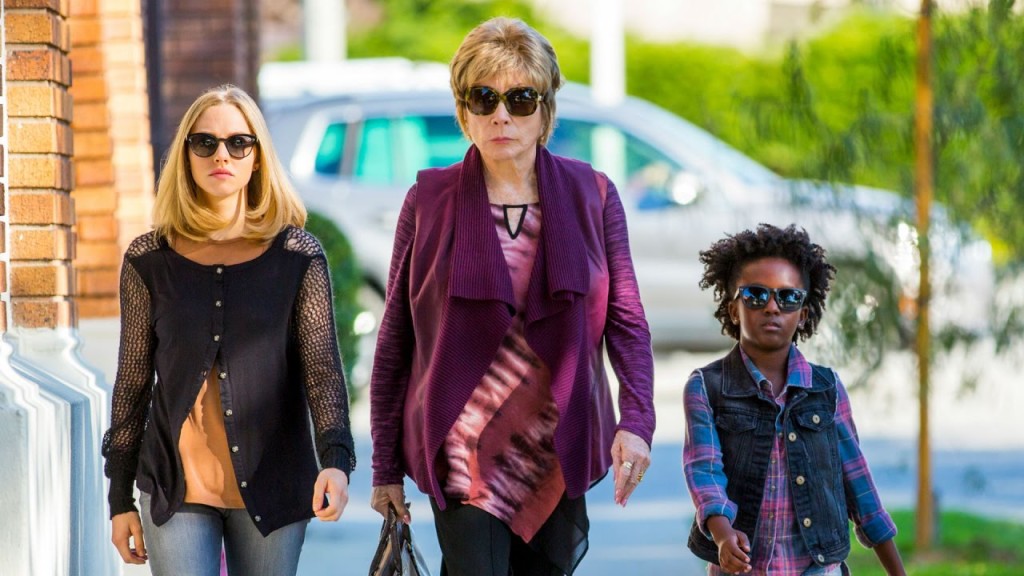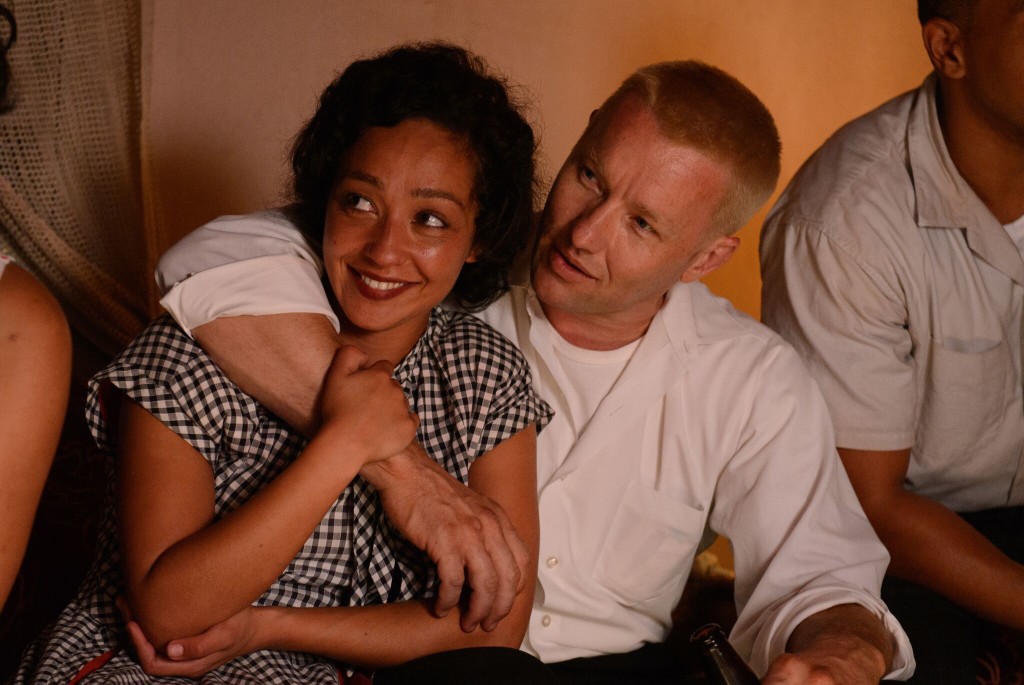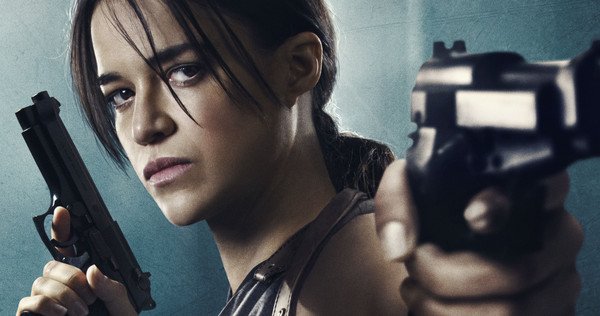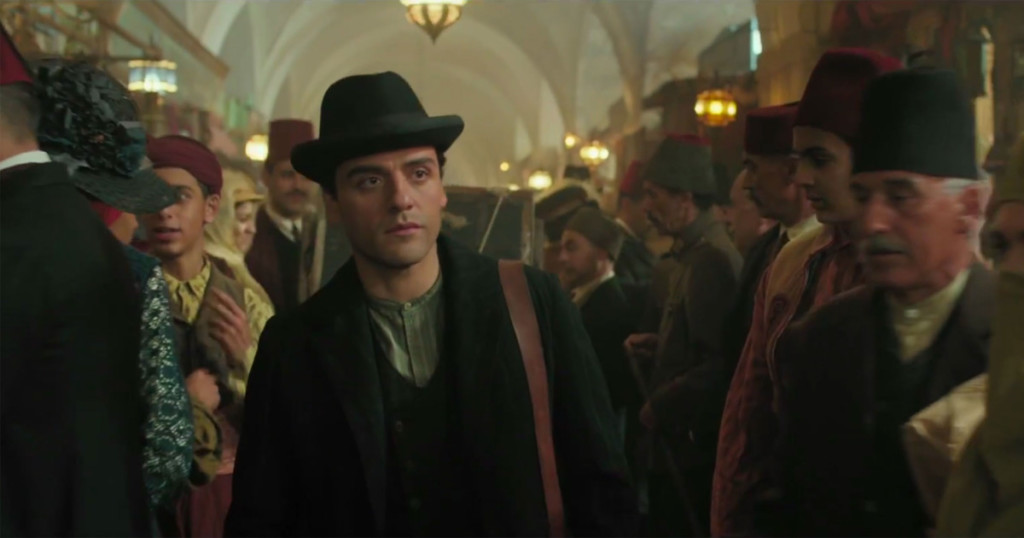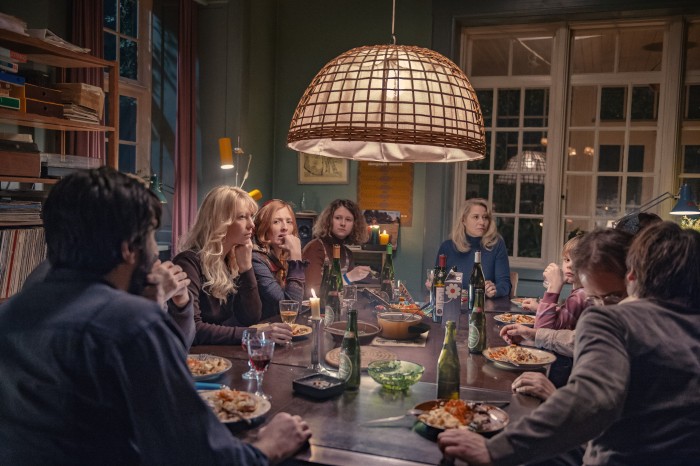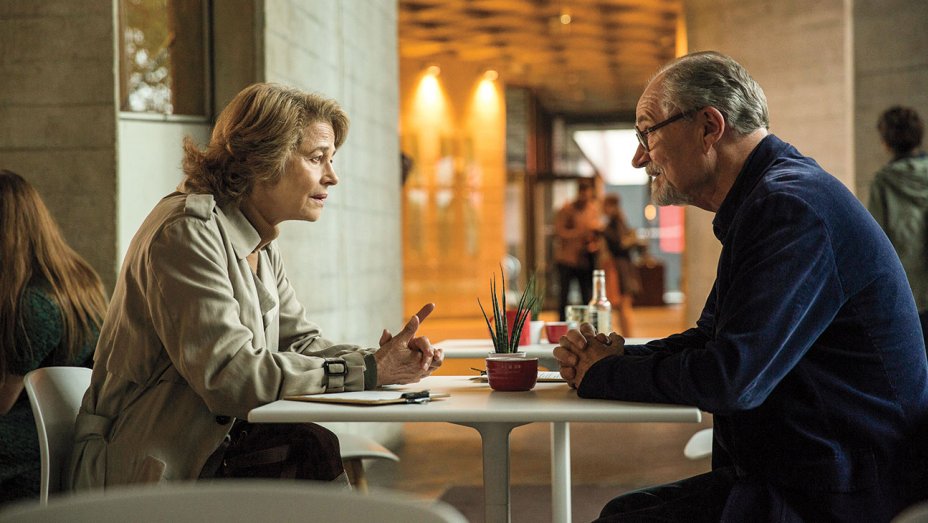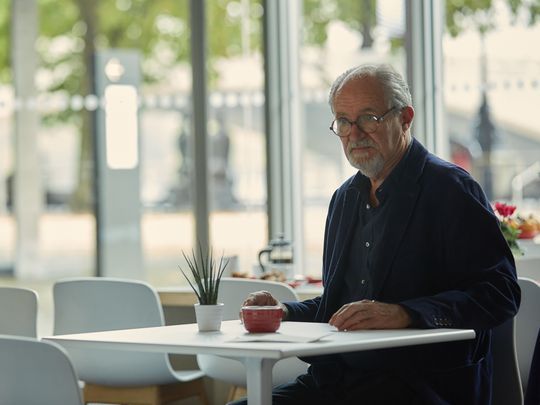
The veteran actor Jim Broadbent paints a remarkable portrait of Tony, the main character in the British drama The Sense of an Ending, and he makes it look easy. Retired and long-divorced, Tony is entirely comfortable is a solitary life that he has chosen, perhaps not voluntarily, by being so damn selfish and curmudgeonly. In some very funny moments, we learn that he does not suffer fools. An incident revives a brief period of passion in his youth, and he can’t let it go (although we know that he really should). As he plunges on, he unpeels the mystery, layer by layer, and discovers more emotional turmoil than he is prepared to deal with. He learns that we cannot always find closure, especially if it depends on the feelings of others and acts and words with cannot be undone.
As good as Broadbent is, the best scenes are with Tony’s ex-wife (Harriet Walker – who really shines in this film) and the romantic interest of his youth (the irreplaceable Charlotte Rampling).
You are forgiven if, after reading a capsule or watching the trailer, you think that The Sense of an Ending is another 45 Years; after all both focus on a retired British gentleman whose life is rocked by an unexpected call or letter and both feature stunning performances by Charlotte Rampling. But it is not. 45 Years meditates on the power and durability of memories and then shifts into a study of relationships; we see intimacy without the sharing of all truths, and see how the truth can be toxic and destructive. In contrast, The Sense of an Ending explores how emotional detachment is very protective, and what happens when one ventures into emotional vulnerability. 45 Years was Charlotte Rampling’s movie, while she has only a couple of brief, although hard-hitting, scenes in The Sense of an Ending.
The Sense of an Ending played at Cinequest before its theatrical release and was well-received by the audience. I like The Sense of an Ending more than does the critical consensus, perhaps because it’s the best new movie widely released in the Bay Area this week.

